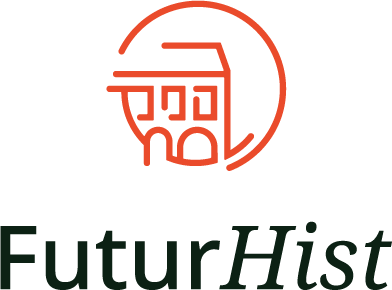Project facts
Presentation
Future-proofing the built heritage requires standardised approaches to accommodate the diverse stock of historic buildings with specific needs.
Our aim in FuturHist is to develop replicable retrofit solutions for historic buildings of the future. The project ambition is to shift the focus from individual buildings to building typologies and future-proof them for clean energy transition. It will help create a more sustainable and energy-efficient built environment while preserving historic structures.
In FuturHist, we research and test energy-efficient retrofit interventions tailored to historic building typologies. We implement these solutions in real-life demonstration cases in Poland, Spain, Sweden, and the UK, ensuring their practicality and effectiveness. We focus on innovative solutions such as bio-based materials, internal insulation systems, window retrofits, HVAC, and RES integration.
FuturHist is a collaborative project under the Horizon Europe Climate, Energy, and Mobility programme.
Impacts & Results
We will publicly share the results of our research and impact of the solutions implemented in each demo case. Additionally, there will be various opportunities for learning and sharing experiences.

